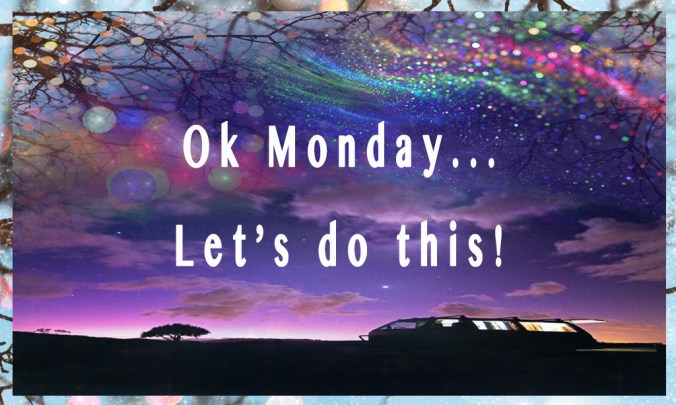I have been reading new ways to use meta tags or keywords as a powerful marketing tool. I have been blogging for a little while now and have finally started adding tags to my posts! There are pages and pages of advice on how best to implement keywords in your book marketing strategy, so I tried a few of them this week.
What is not advisable, is the use of other authors names in keywords, in the hope of enticing the fans of this genre to your own work. I haven’t tried this, but have heard it’s not the way forward. Some other advice I read was to add the word kindle to your keywords as Kindle ebook is a popular search term. Again, this is not advisable as it is too broad a search term, with millions of variations which confuses everyone and probably won’t help your book’s rankings. A good idea is to use keywords in your actual work if you can. Putting these words into your book title, subtitle, and naming photos what they actually are, all helps. My book cover for Babe Driven uses the keywords: Babe Driven by Lizzie Chantree. Romantic Fiction. Only use tags that are relevant to your work, or you have wasted a keyword and your book may end up in a category that is unrelated to your work.
My subtitle is: Driving straight out of trouble and into paradise! A laugh out loud, contemporary romance read.
My first book, Babe Driven, is a funny, romantic romp, but is also about a woman in business and how someone is determined to destroy all her hard work.

I started out using keywords like Romance, Comedy, Beach (It’s set in a sexy beach resort), Funny, Women’s Literature, Cars!!! (What was I thinking). You get the idea! All of these categories are flooded with so many books, it’s tricky to be seen. This book often ranges in the #16-#500 top books in Women’s Literature and Romance, which is wonderful, but I want to try and make my keywords work even harder for me. I recently tried a few other keywords and the book slightly dropped in the rankings straight away. I rapidly swopped them back!

Click to buy a fun filled beach read, Babe Driven!
I have just changed the keywords again to see if I can make them work harder for me and my genre. I’ve used, Love, sex & marriage, Humour & Satire and a few more like this. I now know you can use more than one keyword at a time and the fact that you can could help your book too.
The top tips I found, were to search your category genre on Amazon and see what keywords come up in the drop down search list, as there are usually about ten other suggestions here. Next, click on one of these links and find a book with a similar audience. Look at the bottom of that books landing page and see the keywords they are using. The first on the list is a collection of the most popular keywords for that book. It may be that you have a romance book, but romance is a very popular keyword, therefore you could try humour, love, sex & marriage, or families and marriage, if these words apply to your work. They might not be the first word that comes to mind when you think of your work, but with thousands of searches being made for books every day, your book might have a helping hand if you use a search term that isn’t as widely used. Obviously if your keyword is too obscure, you may have a #1 ranking in that category, but no-one may find you anyway, so use your choices wisely.
Reviews of Babe Driven:
5 stars! I was recommended this book by a friend… Initially I was a little unsure as I am very loyal to Freya North & Lisa Jewell… I’m a bit of chick lit fan!!!
By the end of the first chapter I was completely gripped…
This is a really compulsive read and not easy to put down; but quite light hearted.
The characters are really fun, engaging and believable.
I am really looking forward to the authors next Novel… Give it a go!!!!
5 stars! Not something I would usually read but intrigued by the title and thought I would give it a go. A real hoot all the way through and very entertaining. Love the authors style of writing and the characters she creates, read it over two days and would have read another one. Really rather good!
Here are some great resources on the topic of keywords for authors:
Complete guide to keyword selection: Click here.
Keyword search software: Click here.
Article about keywords: Click here.
Like this:
Like Loading...





